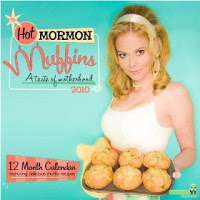I’ve been following the Texas textbook issue with some interest and concern. You know the story: Know-nothing dipsticks have been infiltrating Texas school boards so they can force conservative changes to high school textbooks. The worry is that Texas is the second largest market for textbooks, so other states may get terrible texts foisted onto them.
But California is the largest market, and they may try to thwart such efforts.
California may soon take a stand against proposed changes to social studies textbooks ordered by the Texas school board, as a way to prevent them from being incorporated in California texts.
Legislation by Sen. Leland Yee, D-San Francisco, seeks to protect the nation’s largest public school population from the revised social studies curriculum approved in March by the Texas Board of Education. Critics say if the changes are incorporated into textbooks, they will be historically inaccurate and dismissive of the contributions of minorities.
The Texas recommendations, which face a final vote by the Republican-dominated board on May 21, include adding language saying the country’s Founding Fathers were guided by Christian principles and a new section on “the conservative resurgence of the 1980s and 1990s.” That would include positive references to the Moral Majority, the National Rifle Association and the Contract with America, the congressional GOP manifesto from the 1990s.
Ugh.
I found this comment most encouraging.
But some publishing industry experts say worries that the Texas standards will cross state lines are unfounded.
“It’s an urban myth, especially in this digital age we live in, when content can be tailored and customized for individual states and school districts,” said Jay Diskey, executive director of the schools division of the Association of American Publishers.
I hope other textbook publishers operate similarly. It could control the damage. Or, scarily, it could create pockets of terrible textbooks in areas where demand is significant.





Recent Comments